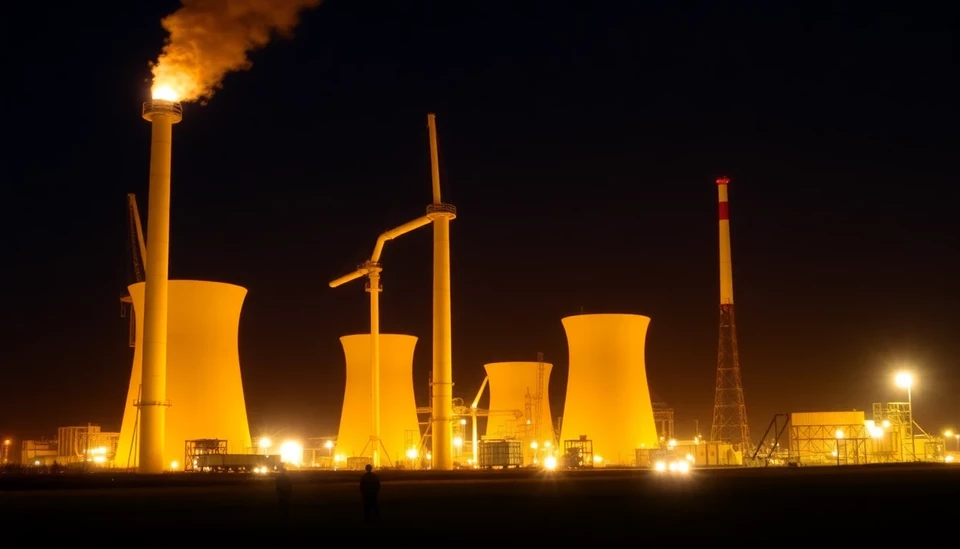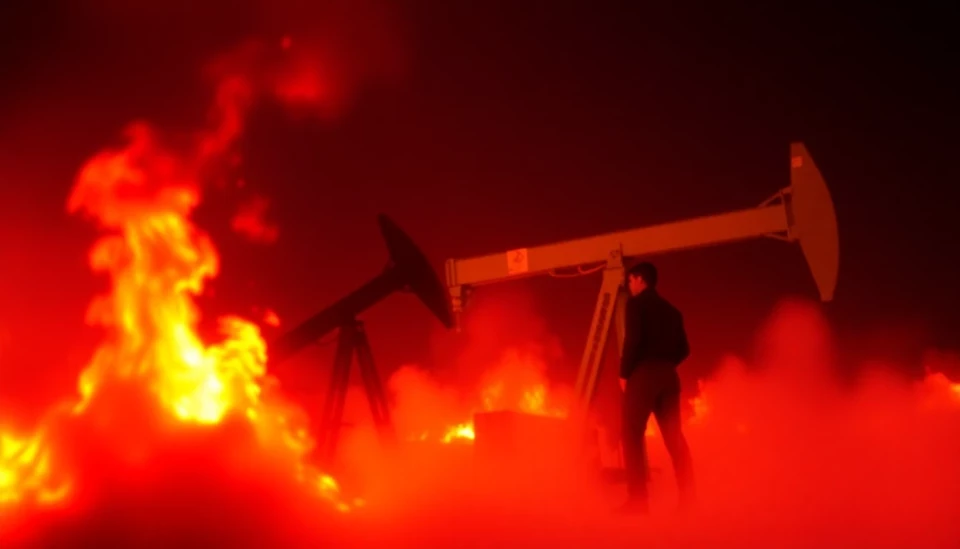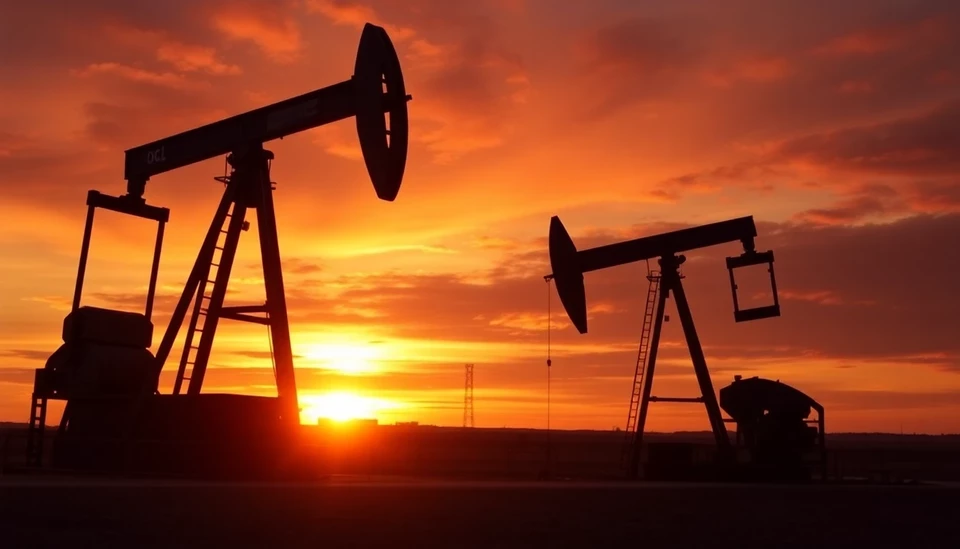
The International Energy Agency (IEA) is reportedly weighing the possibility of reviving a previously shelved energy scenario due to significant pushback from American lawmakers and stakeholders. This reconsideration comes in light of criticisms aimed at the agency's commitment to its energy transition policy, which some argue may undermine the role of fossil fuels in meeting global energy demands in the foreseeable future.
Earlier this month, the IEA had released a report outlining a path to a cleaner energy future that accelerated the transition to renewables while phasing out fossil fuels. However, an unexpected backlash from the United States has prompted the agency to reassess its implications. Critics from the U.S., including various political figures and organizations tied to the fossil fuel industry, have expressed concern that the proposals could threaten energy security and economic stability, especially in the context of rising energy prices and geopolitical tensions.
As a result, the IEA is now considering reintroducing its traditional energy scenario that emphasizes the continued significance of oil and natural gas. This scenario had been on the back burner, but the rising dissent could push it back into the limelight as stakeholders demand a more balanced approach that acknowledges the realities of energy production and consumption.
IEA Executive Director Fatih Birol has stated that the agency is committed to listening to the voices of its member countries and adapting its strategies accordingly. With a significant portion of energy production still reliant on fossil fuels, many policymakers are urging the IEA to outline a more pragmatic approach that prepares for a gradual transition rather than an abrupt shift.
Advocates for fossil fuel interests argue that the current climate policies should consider technological advances and the potential for cleaner fossil fuel production methods. They warn that ignoring the role of fossil fuels could lead to energy shortages and increased economic hardships for millions impacted by energy poverty.
While the IEA has endorsed a pathway to net-zero emissions, the agency’s latest internal discussions signal a potential pivot towards a more nuanced and pragmatic outlook on energy supply and demand. The ongoing dialogue highlights the complexities of transitioning to a renewable energy future while maintaining economic stability and energy security, particularly in a landscape shaped by global unrest and unpredictable market fluctuations.
The international energy community awaits the IEA's next steps, putting the agency in a delicate position as it seeks to balance environmental goals with practical timelines. This scenario underlines the critical importance of dialogue among all stakeholders as the world moves towards its sustainability targets without compromising current energy needs.
As the situation develops, stakeholders will be keenly observing any shifts in IEA policy and their implications for both national and international energy markets.
Sources close to the IEA indicate that a decision on whether to officially revive the energy scenario will be made in the coming months, as the agency continues to engage with member countries and industry experts to forge a consensus that accommodates both energy transition aspirations and economic realities.
In conclusion, the IEA's reconsideration of its energy scenario reflects a broader tension in global energy policy – one that embraces the urgent need for carbon reductions while grappling with the practicalities of energy reliance on fossil fuels.
#IEA #EnergyPolicy #FossilFuels #RenewableEnergy #EnergyTransition #USBacklash #ClimateChange #NetZero #EnergySecurity
Author: Samuel Brooks




